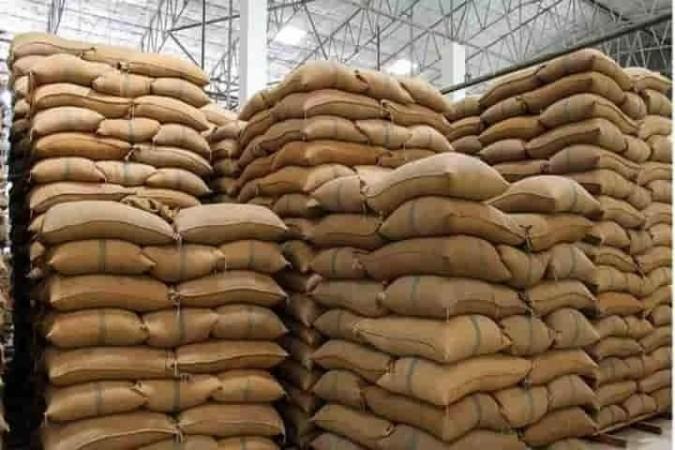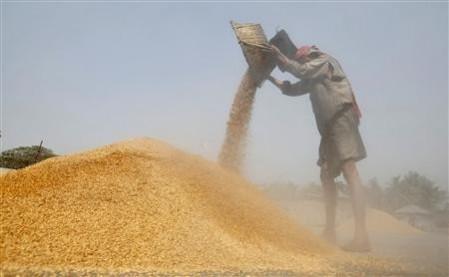India has agreed to exempt Singapore from its ban on rice exports owing to "very close strategic partnership", the External Affairs Ministry said.
"India and Singapore enjoy a very close strategic partnership, characterised by shared interests, close economic ties and strong people to people connect. In view of this special relationship, India has decided to allow export of rice to meet the food security requirements of Singapore," Ministry spokesperson Arindam Bagchi was quoted as saying in a communique issued late Tuesday night.
Formal orders in this regard will be issued shortly, he added.

On July 20, India had banned export of non-basmati rice to prevent its rising prices and ensure availability in the domestic market.
However with Singapore being a "close friend" of India, it has been seeking shipments of rice and exemption from the ban, which the Centre has now granted.
Meanwhile, India has also allowed traders to ship out their non-basmati white rice cargoes, which are stuck at ports due to the ban on exports, the DGFT said in an order issued late on Tuesday.
The government on Sunday said that it has decided not to allow exports of basmati rice below $1,200 per tonne to restrict possible "illegal" shipment of white non-basmati rice in the garb of premium basmati rice.

In a statement, the commerce ministry said it has directed trade promotion body APEDA not to register contracts below $1,200 per tonne. Existing contracts below $1,200 per tonne have been kept in abeyance.
A committee under the chairman of APEDA will be set up to evaluate future course of action. India had banned the export of non-basmati white rice on July 20 this year.
It said: "Contracts for Basmati exports with the value of $1,200 per MT only and above should be registered for issue of Registration – cum – Allocation Certificate (RCAC)."
The Committee should submit its report within a period of one month, whereafter a decision on lower price exports of Basmati planned by industry can be taken appropriately, it said.
APEDA should hold consultations with trade to sensitise them about the matter and work with them to discourage any use of this window for export of non-basmati white rice, the statement read.
(With inputs from IANS)














